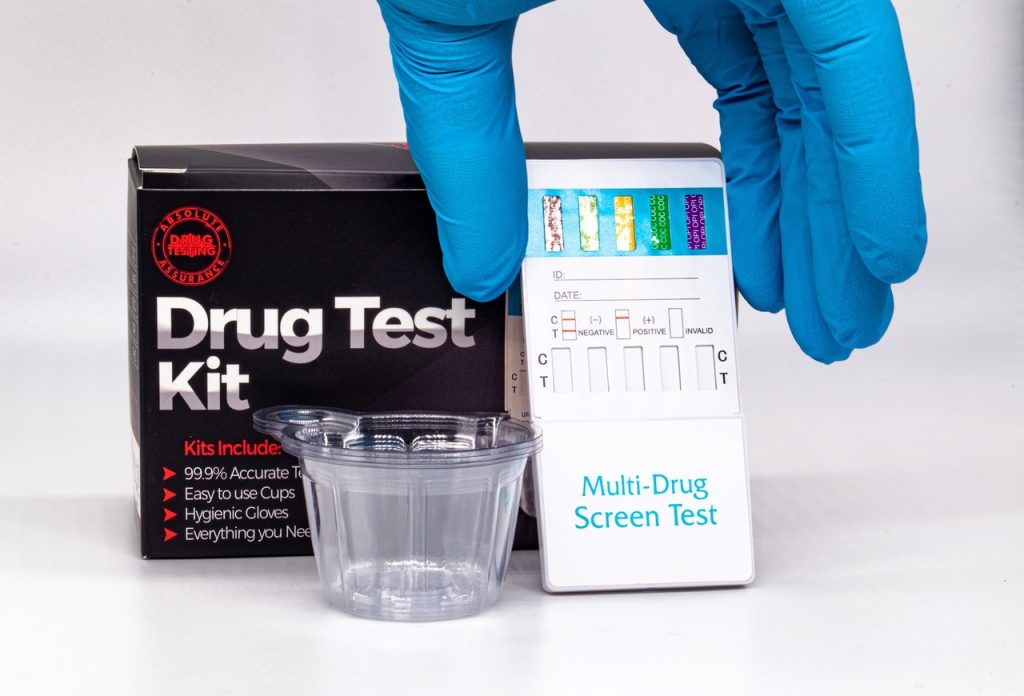WHEN IS REASONABLE SUSPICION DRUG TESTING JUSTIFIED?
Scenario 1: Separating Fact from Fiction
One of your employees has recently exhibited changes in behavior that could be signs of impairment, including increased irritability, more frequent breaks, and persistent sniffles/runny nose. While these symptoms might raise concerns because of what you have seen on television, basing a reasonable suspicion drug test solely on that assumption wouldn’t be appropriate. Common allergies or a cold are equally likely explanations.
Scenario 2: Protecting Employee Rights and Company Safety
You overheard colleagues discussing another employee’s use of medical marijuana to deal with the side effects of chemotherapy. There is no indication that this employee is using or impaired at work. This knowledge alone doesn’t justify a drug test. Reasonable suspicion requires evidence of current use or impairment at work, not hearsay about legal off-duty activities.



Understanding Reasonable Suspicion
The key to reasonable suspicion lies in direct observations of behavior that could indicate drug use at work. This could include:
- Slurred speech or difficulty concentrating
- Incoordination or impaired motor skills
- Bloodshot eyes or dilated pupils
- Unusual mood swings or erratic behavior
- Possession of drugs or drug paraphernalia on company property
If you observe a combination of these signs and they significantly impact the employee’s ability to perform their duties safely, then you might have grounds for a reasonable suspicion drug test. However, it’s crucial to document your observations objectively and thoroughly, avoiding any personal interpretations or biases.
Finding the Balance: Training and Resources
Reasonable suspicion drug testing differs from other types of drug testing, like random or pre-employment testing. It’s triggered by observable evidence suggesting drug use while on the job. To ensure consistent and legal application of your company’s drug-free workplace policy, consider reasonable suspicion training for supervisors and managers. This training should equip them to:
- Recognize the signs and symptoms of potential drug and alcohol impairment
- Document observations objectively and accurately
- Understand the legal implications of drug testing
- Follow established protocols for conducting reasonable suspicion drug tests
The Nevada Association of Employers (NAE) offers reasonable suspicion training as part of our popular trainings, Supervisory Skills: The Fundamentals and Supervisory Skills: BOOTCAMP. We can also provide on-site training on reasonable suspicion at your workplace at a reasonable cost. By investing in training, you can empower your supervisors to conduct reasonable suspicion observations with confidence and in doing so, maintain a safe work environment.
Contact NAE for more information on our on-site training options and check our calendar for the latest training offerings.
Mailing List Sign Up Form
Fill out this mailing list sign up form to receive monthly email updates on the latest NAE news, HR issues, special events, training dates and more!
